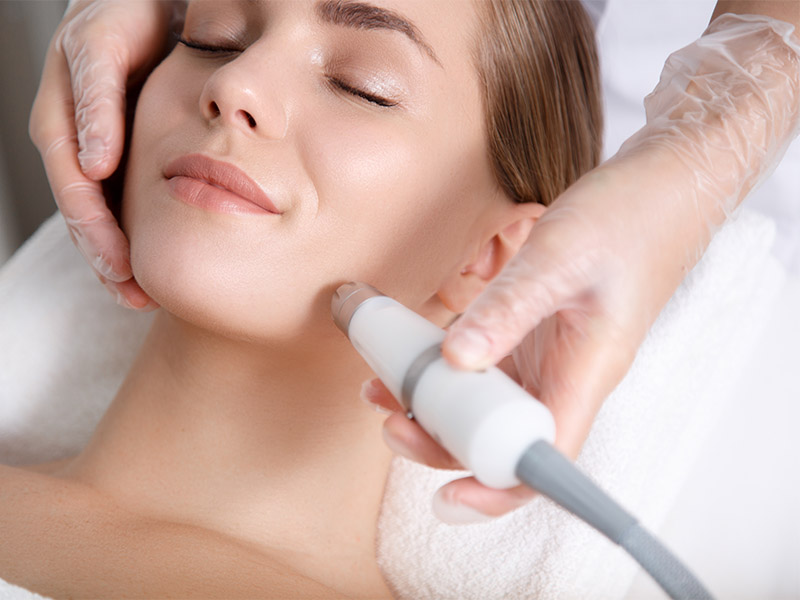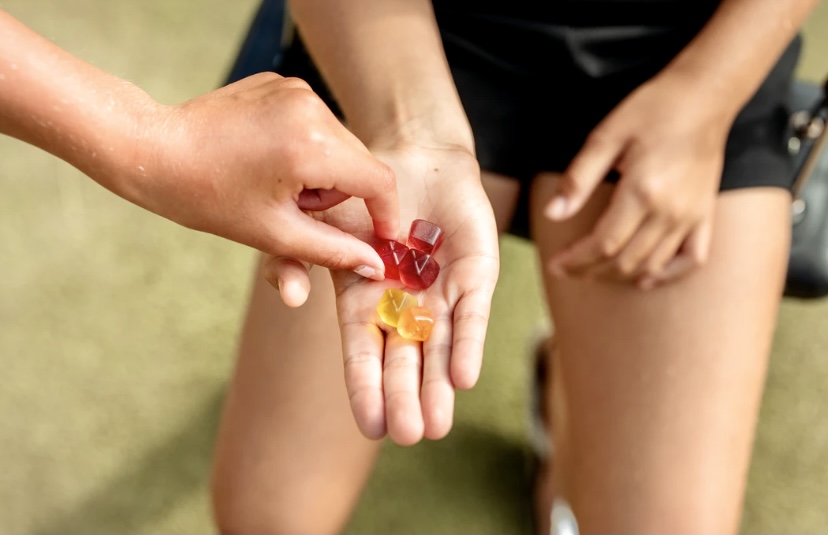Understanding How Dialectical Behavior Therapy Can Help Your Teenager with Disorders

Managing teenager has always been an extremely challenging aspect for parents. It often leads to very stressful situations. If you suspect that your teenage child has behavioral or emotional disorders, the first thing you should consider today is Dialectical Behavior Therapy or DBT. This method of treatment has gained more exposure of late owing to its success rate.
What is DBT?
DBT is a therapy method that focuses not just on mental adjustments, but concrete actions that a person can take to make them easier. Well known centers like MHS in Minnesota offer programs that are based around DBT for teenagers. Essentially, the treatment is based around:
- Helping patients understand their emotions whether it is anger, depression, frustration or shame
- Giving them techniques to help accept the present moment rather than living in the past or future
- Training them in managing positive interpersonal skills
- Managing different types of relationships
- Managing extreme emotions without resorting to alcohol and other substances
While traditional techniques like Cognitive Behavior Therapy focus on heavily on just changing thinking patterns, DBT is more grounded in practical techniques. Teenagers have been found to improve dramatically in a few weeks though complete treatment may take more time.

What does it help with?
DBT can help with many of the mental issues typically faced by teenagers in today’s environment including:
- Bipolar disorders
- Suicidal tendencies
- Clinical depression (minor or major)
- Attention Deficit Hyperactivity Disorder or ADHD
- Binge eating
- Bulemia
- Borderline personal disorders
Although these disorders can occur at any age, they are more common among teenagers because they go through more physical and hormonal changes than adults do. Also, going through Dialectical Behaviour Therapy at an early age helps the manage situations even later on in their lives.
When to consider DBT?
You should consider enrolling your child into a good and well-known DBT program if you notice sudden changes in their behaviour and it is affecting their grades. If they have issues with alcohol and drug abuse, DBT can be especially helpful because it involves specific actions to help them improve.

For teenagers, most DBT programs include twice or thrice a week sessions with an expert therapist. If the disorders are severe, you may want to consider intensive outpatient treatment which involves 3 to 4 sessions a week. DBT is not a rigid program and it is successful because it is always designed around individual needs.











